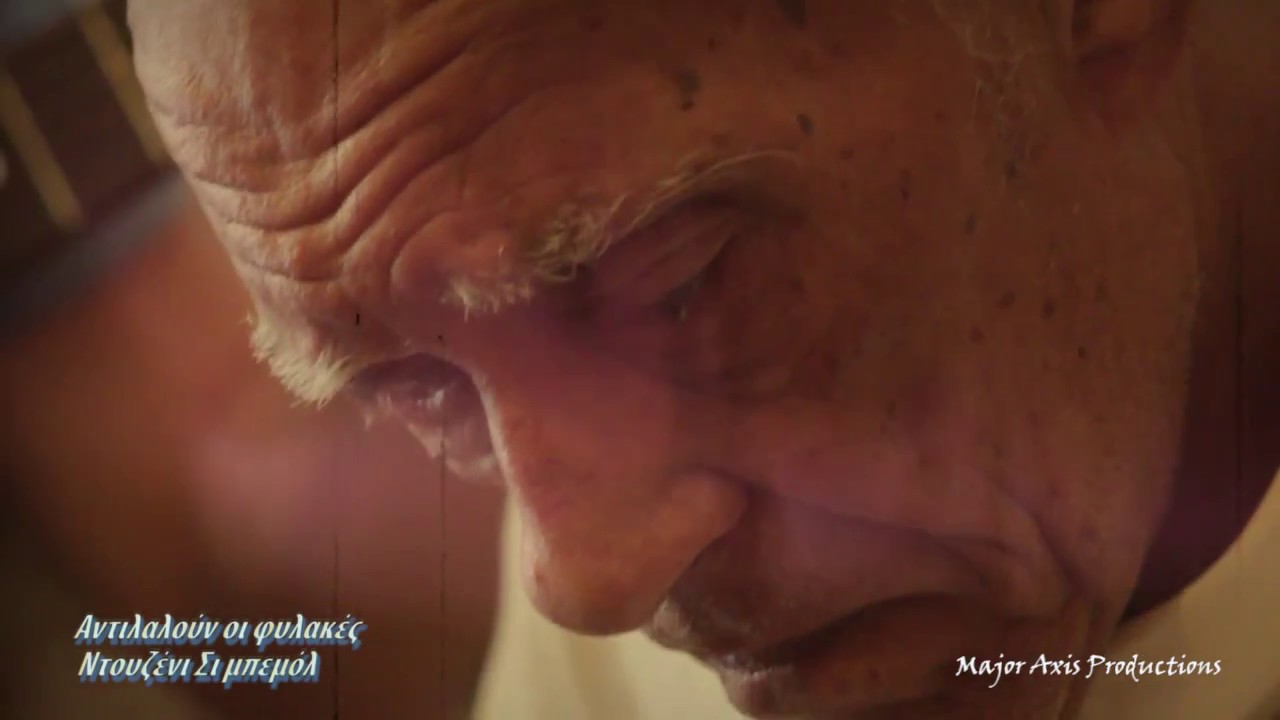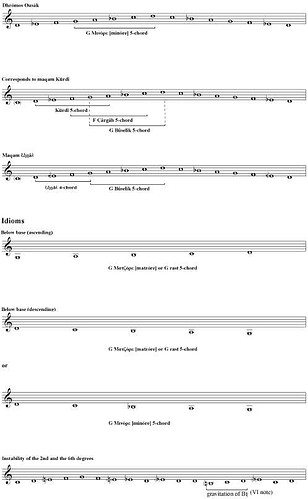Dear community!
This is translated with google from german language in english:
TRANSFER from PUNK to REMBETIKO
I have dealt intensively with the music genre PUNK and its possibilities of expression and would now like to allow myself to transfer my criteria to or about the phenomenon PUNK as a subculture on Rembetiko. It’s just an attempt, for the first time, just for fun, I don’t know how far I want to go ;-).
Subcultures are mostly theory-less, they are not based on theory, they have no plan or goals, first of all no strategy. They are mostly hedonistic and arise in the underground, in the underworld or demi-world and often have connections with sex and crime and drugs. At first, intellectuality is still a foreign word, and subcultures are initially not concerned with commerce or marketing. On the contrary, own, alternative forms of distribution are being developed, keyword: independent!
“We are different, we are alternative”.
We are not mainstream and we are against the establishment!
In the beginning, subcultures have something anarchic, uninhibited, a longing for freedom.
Subcultures can be expressed as follows:
Aesthetics: physicality, fashion, language, slang
Sound carriers: records, cassettes, CD, social media …
Publications: fanzines, magazines, newspapers, art: poems, song texts, small books, leaflets, posters, caricatures, design of the sound carriers (cover design)
today via social media
Styles, variety of styles
PLACES:
-
Live: appearances in locations, in clubs, taverns, Cafe Aman, tekes,
-
Meeting places, scene (piatsa), hiding places (caves, on the beach, in the mountains …)
-
Practice or rehearsal rooms - where are the rehearsals or where are the sessions
Formation of bands, groups, companies
Connections to the public - also politically.
When these terms have settled in me and I concentrate, I may be able to find typical parallels if I feel like it and you are interested.
Question: Are you interested? ![]()
greetings from Stuttgart/Germany
Simon

